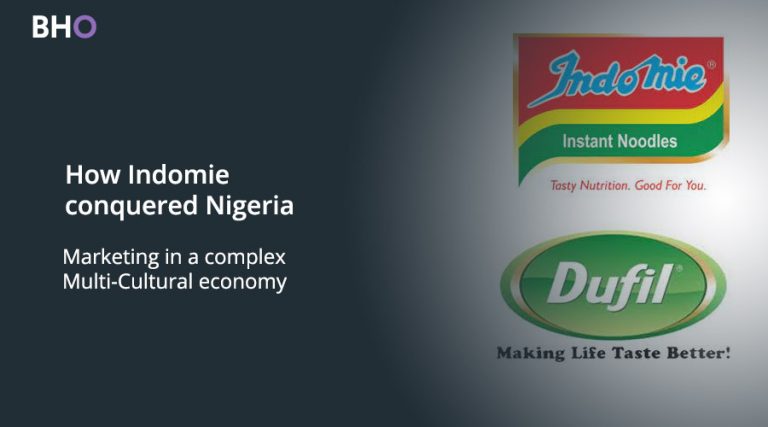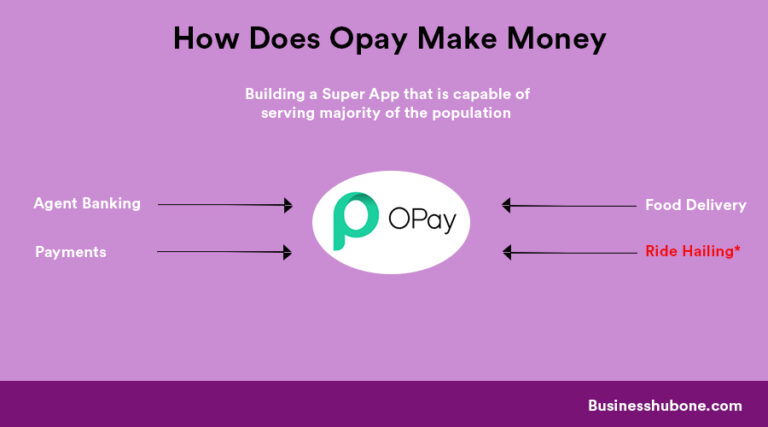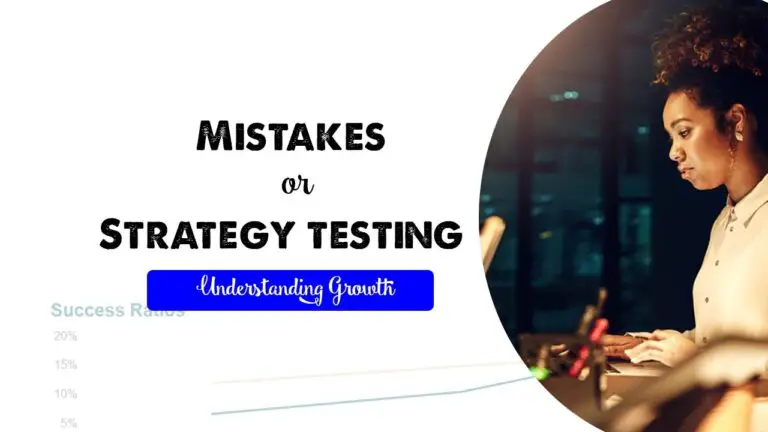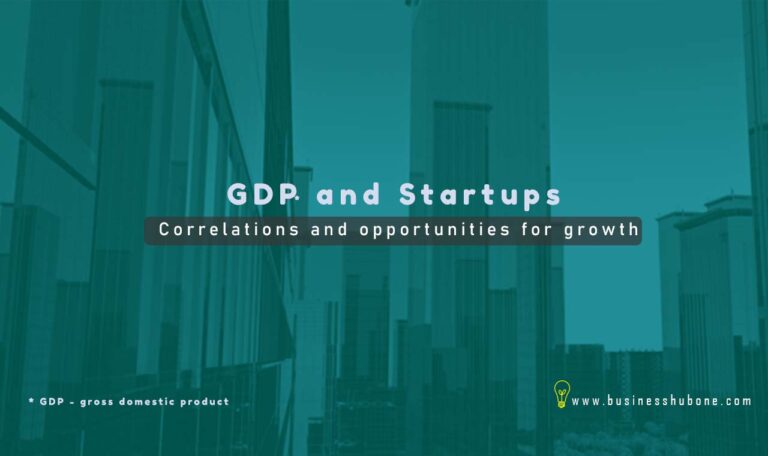The Business of Everything
Everything is business.
Many people tend to be very rigid in defining what a business is, making assumptions that are not in tandem with the core concept of doing business.
Business is simply an exchange of value.
Rebecca Knapp
The exchange of money to get that value does not represent the entirety of what can be a business. Once there is an exchange of value, and there is a thing or two that the other party stands to gain – The two parties have successfully done business.
Decisions
Getting the best of situations requires making the right decisions.
Life is a business
When haggling, the agreed price for the item is not nearly the price for the item in other climes. The agreed price for an item is instead the compromise price of the buyer and the seller based on perceived value and acceptable value, respectively.
The decision to buy is entirely business-related and dependent on the perceived value as it applies to the parties involved.
In doing business, every action counts from buying that office phone to executing the most significant contracts. One must exclude nothing from the clutch of due diligence.
Bad Decisions
Many companies were the Kings in their various sectors during the ANALOG era and are nowhere to now.
This sudden disappearance of companies is sometimes due to the reluctance of senior management to switch practices because of the high profits they have had a history of making at that time!
Companies such as Xerox(printing), Kodak(camera and film technology) etc
In the running of a business – founders, managers, CEO’S must be very forward-thinking. Forward-thinking helps them to avoid being left out, especially if they are running a company in a sector that can easily be influenced by advances in Technology.
Due diligence
When purchasing big companies, there is a need to take a cursory look at the books of the company. This due diligence helps the buyer to evaluate effectively the soundness of the decision he is about to make and adjust his bid accordingly.
Due diligence ensures that the buyer does not acquire property or company for more than the market value. In plain terms, due diligence helps the buyer determine the perfect price point to make a purchase.
Intel
In 1980, Intel’s Haifa team designed the 8088 chip, whose transistors could flip almost five million times per second (4.77 megahertz). It was small enough to allow for the creation of computers that would fit in homes and offices.
IBM chose Israel’s 8088 chip for its first “personal computer,” or PC, launching a new era of computing. It was a significant breakthrough for Intel.
After 2000, another factor came into the mix: power. The Chips were getting smaller and faster, just as Moore had predicted. But as they did, they also used more power and generated more heat.
At the time the entire industry measured the power of chips by how fast the engine turned: clock speed.
At the peak of the clock speed doctrine,
Intel’s Israeli team proposed abandoning the clock-speed doctrine and emphasized that there was even greater risk in sticking with it.
The switch to the Israeli-designed approach came to be known in Intel and the industry as the “right turn,” since it was a sharp change in direction from simply going for higher and higher clock speeds without regard to heat output or power needs.
Going forward, this singular decision became the anchor of Intel’s 13 per cent sales growth from 2003 to 2005.
This concept of right turns/decisions has ensured that the company is an industry-leader till this day.
Volunteering – Social Entrepreneurship
This is a central theme in the world at the moment, from the SDGs to the MDG’S and many more. Those that have the privileges have increasingly become more concerned with giving back to their surrounding. Foundations are being set up here and there to address the different areas of concern in the world such as poverty, hunger, poor access to electricity and others.
CASE STUDY: FEMSA
Carlo Salazar, CEO of FEMSA (Coca-cola’s leading bottler in North America) was once asked to take nature conservation more seriously as a business person he asked questions such as
- How many trees do I have to plant to produce how much water
- Should we save old trees or plant new ones
- Which trees produce the most water
- Where should the trees be located
These are better ways to think about nature conservation, as it presents a more responsible approach.
This pushes science forwards and helps to easily scale up conservation projects.
Conclusion
Doing business may not essentially be as religious as it may sometimes be painted. It is an amalgamation of ideas, good or bad, timely or obsolete that makes either a good thriving business or a dead one.
In the same vein,
Going through life is as serious as making the most complex business decisions.
As entrepreneurs, life decisions are equally important in the growth of your company. Investors tend to evaluate you in making their decision to invest as much as they evaluate your company financials.








One Comment
Comments are closed.